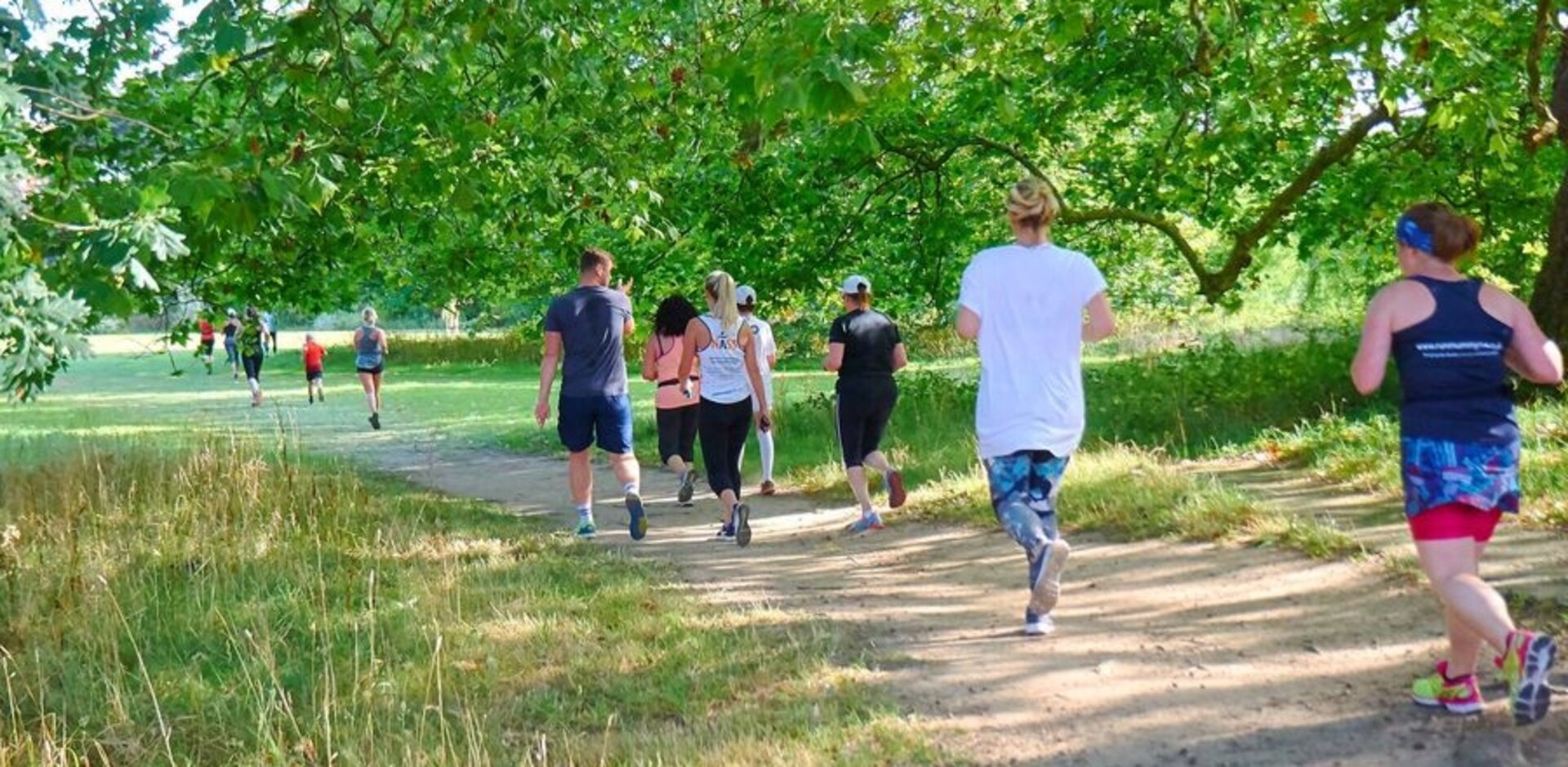Return of parkrun a "milestone" for health and well-being in UK

Researchers from Glasgow Caledonian University have welcomed the return of parkrun as a "significant milestone" for the UK.
Before lockdown, more than 250,000 runners or walkers took part in the Saturday morning 5kms all over the world.
Parkrun plans to restart in England by the end of October but no date has been set for Wales, Scotland, and Northern Ireland due to the current COVID-19 restrictions.
A research team from GCU surveyed 8157 parkrunners in 2018 and concluded regular running makes people happier and more confident in everyday life and has a positive impact on their mental health and body image.
Professor Emmanuelle Tulle, one of the authors, said: “The return of parkrun is a significant milestone for the UK and could be important in helping many rediscover the benefits of an active lifestyle and the joys of community sport.”
The research, published in the International Review for the Sociology of Sport, found 48.1% of non-runners were inspired to join another running group outside the weekly 5km event.
Only 4.3% of beginners said they still considered themselves to be a non-runner, with 7% identifying as a jogger, 24.9% as a parkrunner, 55.8% as a runner, and 6.7% as an athlete when questioned in the online survey via fitness app Strava.
Overall, 97% of those reported improvements to their fitness and 90% said taking part had increased their motivation to exercise.
Professor Tulle added: “Our data demonstrates that those from non-running backgrounds were more likely to perceive the positive impacts of parkrun on their bodies, shape, weight and well-being
“A significant number of people who were not active before signing up now see themselves as ‘runners’. Parkrun had improved their general fitness and motivation to exercise.
“What this suggests is that these participants had found their new activity legitimated by wider gains in health and well-being.
“Parkrun can act as a springboard for change and enables people who were previously non-runners to adopt new sporting identities.
“The public health potential of parkrun lies in its ability to act as a catalyst to broader changes in health-related behaviour and identity, although it takes time for these benefits to be realised.”
The Parkrun movement was founded in Bushy Park, London, in 2002 by Paul Sinton-Hewitt and is now in 22 countries.
Weekly events will restart in England by the end of October under a government-approved COVID-19 framework, it was announced this week.
